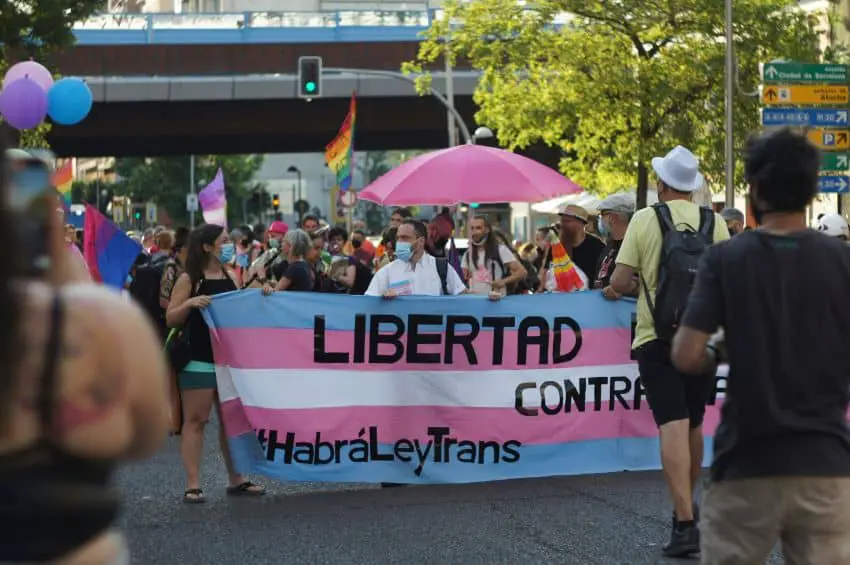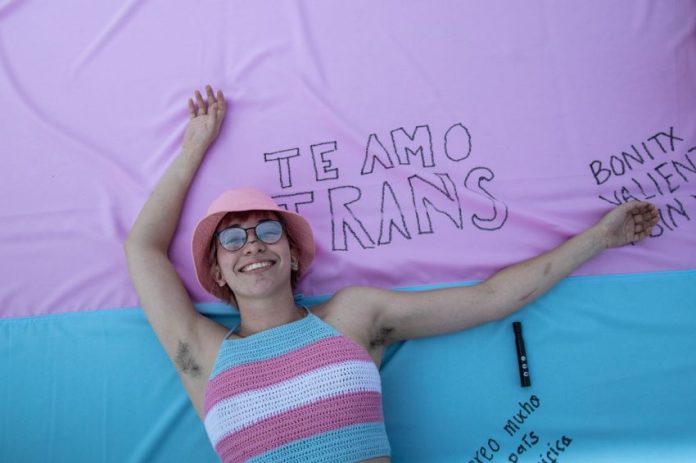The first major protections for LGBTQ+ people in the workplace in Mexico came in 2016, thanks to a program called Mejores Lugares para Trabajar LGBTQ+ (Better Workplaces for LGBTQ+). This initiative was founded by the Washington D.C. based Human Rights Campaign Foundation (HRC). But what rights are available to transgender employees in the workplace today?
To determine whether a company is LGBTQ+ friendly, HRC evaluates three aspects. The first is the adoption of non-discrimination policies. The second is the creation of employee groups or councils that work internally on diversity and inclusion. Thirdly, companies are required to participate in public activities to support LGBTQ+ inclusion.

The 2023 edition introduced a requirement for training and skills development strategies for LGBTQ+ inclusion with an LGBTQ+ perspective for entry-level personnel, programs for leadership personnel and on an ongoing awareness training for all personnel.
After seven years of the program, the results of the 2024 index show overwhelming improvement. Three hundred and five employers are already participating, with a workforce of more than 1.5 million people across the country.
Since 2022, non-binary gender identities have become legal for ID cards and passports. These are now administrative processes before the civil registry in some states, although these are not yet available at a federal level. This recognition has meant that companies are now making efforts to accommodate the gender identities of their workers.
Workplace issues facing transgender people
According to the National Survey on Sexual and Gender Diversity (Endiseg), more than 908,000 Mexicans identified as transgender. Of these, around 520,000 are trans men, with the remainder trans women.
“The likelihood of suffering some type of violence in the workplace is higher if people self-identify with an orientation or are higher if people self-identify as having a non-normative orientation or identity,” according to the Monthly Report on the Behavior of the Economy, June 2023, from National Commission on Minimum Wages (Conasami). Those who belong to the LGBT+ population are between 5 and 19% more likely to be denied a job. Trans women are the most affected, “with a probability of 18.8%,” the report states.
The questions asked by the “Best Places to Work LGBTQ+” program
The 2025 edition includes in its questions key issues to accompany trans, queer and non-binary talent in workspaces. Businesses will be asked to demonstrate progress within the company in several ways:
- To show that their human resources systems have at least three sex or gender options.
- Whether there are internal surveys, questionnaires or internal measurement systems allowing employees to self identify and accurately express their sexual orientation and gender identity.

- To provide a legal protocol for the recognition of a change of name or gender of a person and to ensure that they do not lose any benefits accrued under their previous name and contract.
- Provide policies to promote the use of preferred names and pronouns. Companies must also accommodate bathroom and dressing room choices and dress codes that accommodate all workers.
If you want to learn more about the HRC Equidad MX 2024 Report, you can find it here.
What do you think of the employment challenges experienced by trans people in Mexico?
Camila Sánchez Bolaño is a journalist, feminist, bookseller, lecturer, and cultural promoter and is Editor in Chief of Newsweek en Español magazine.
